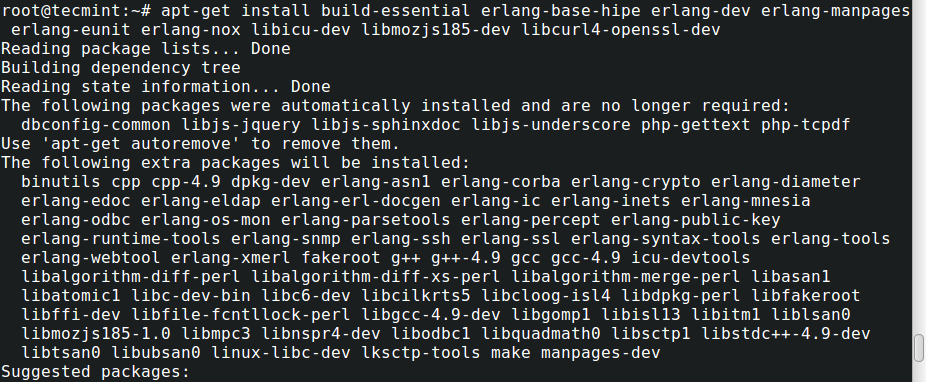
Raspberry Pi Kernel . The official kernels shipped with Raspbian now include versions of my I2. C and SPI drivers and are much newer. I am also no longer involved in Raspberry Pi development. The rest of the page is being kept for historical reasons only.
As I have been posting so often about kernels for the Raspberry Pi I thought I had best create a central page on my blog that people can link to and always get the latest version. Latest 3. 2 Kernel (NO LONGER AVAILABLE)You shouldn’t be using 3. Please use more up to date kernels. See the note at the top of the page.
Release 1.3.4 * Fix generation of lib/git-commit.h when building a tagged commit. Thanks, after some googling I found it in the end. Bit of a struggle as the instructions weren't quite accurate or even made sense in some places, but I've finally. A web-based interface for system administration for Unix. Setup user accounts, DNS, file sharing and the program is freeware.
Note that the source is still available on Git. Hub if you really want to use it, but you’ll have to build your own kernels. Recent change history: 3. Imported 3. 2. 2. Linaro GCC 2. 01. How to install. First, make sure you have got recent firmware on your SD card. The firmware that comes with the official images is not recent enough.
You can get the latest firmware from the Raspberry Pi Foundation Git. Hub, or see the post about Hexxeh’s easy updater tool. The firmware update is safe and painless and cannot brick your Pi. Download the package to your Raspberry Pi and run the following commands as root: dpkg - i linux- image- 3. You should be all set. Note that you should change the version numbers in the above commands to reflect the version of the .
Also, if you’re using my own Debian Wheezy based image, you’ll want to put the kernel at /mnt/boot/kernel. Using SPI or I2. CThe kernel above includes my SPI and I2. C drivers for Raspberry Pi. The SPI driver exposes two device files (/dev/spidev- 0.
CE0 and CE1 on RPi). Look in the /usr/include/linux/spi/spidev.
There are also Python bindings available and I’m sure there are others available for other languages too. If you want to bind a kernel SPI device driver to an SPI chipselect line, you’ll have to edit the source and build your own kernel. Sorry, but that’s how it works in 3. The I2. C driver creates a Linux I2. C bus just as any other I2. C bus driver would.
To use it from userspace you’ll want to load the i. If you want to use kernel I2.
C device drivers you can bind them from userspace without a rebuild, e. Why 3. 2? One of the reasons I’m really pushing at a 3. Raspberry Pi (until we get the architecture code rewritten for a mainline merge, another effort I’m part of) is that 3. Ubuntu 1. 2. 0. 4 LTS (Precise Pangolin) and will be the kernel used in Debian Wheezy as well. Please see Issue #2 on the Raspberry Pi kernel tree on Git. Hub for a fright.
Here’s a technical description of the issue, including an exploit (linked from the Git. Hub issue). 5. If a module isn’t included. Splash Lite 1 6 1 Setup Outlook there. If there is a kernel module you would like to use but isn’t included in the above download, let me know. If it’s in the mainline 3. I’d be more than happy to included it in a future build of my kernel. Just let me know in the comments below or by email. Building your own modules.
If a module isn’t part of the standard kernel tree or you can’t wait for me to build a new image, you may be tempted to build your own modules and use them with the package above. It won’t work. You won’t have the same compiler as me and the resulting files will most likely not even load into the kernel. You’ll need to rebuild the entire kernel with the same compiler for this to work. Rebuilding the kernel from source. I won’t write a big “kernel building for Raspberry Pi” how- to as plenty of folks have done something similar. I will, however, point to my post on how to build a cross compiler that works for the Raspberry Pi.
If you’re curious about how I build the Debian package, look into a package called kernel- package within which you will find make- kpkg. Note that if you’re wanting to do this on Debian Wheezy you need a modified version of kernel- package available in my apt repository (with source).